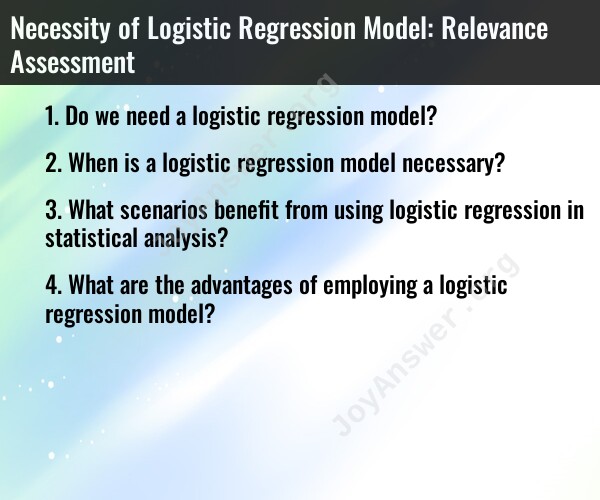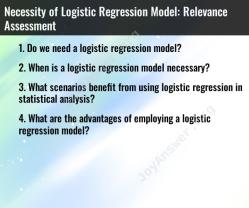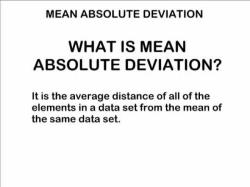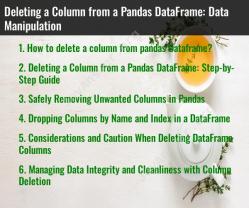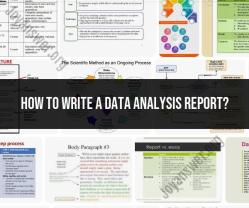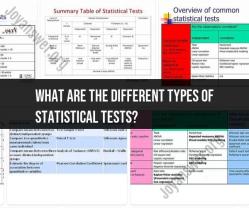Do we need a logistic regression model?
Whether or not you need a logistic regression model depends on the nature of your data, the problem you are trying to solve, and the characteristics of the relationship between your independent variables and the binary outcome variable. Logistic regression is specifically designed for situations where the dependent variable is categorical and binary (having two classes).
Here are some scenarios where logistic regression might be necessary or beneficial:
Binary Outcome:
- Logistic regression is well-suited when the dependent variable is binary, meaning it has two categories (e.g., Yes/No, 1/0, True/False).
Probability Estimation:
- If you are interested in estimating probabilities or the likelihood of an event occurring, logistic regression provides probabilities between 0 and 1.
Linear Relationship in Log-Odds:
- Logistic regression assumes a linear relationship between the log-odds of the dependent variable and the independent variables. If this assumption holds, logistic regression can be a suitable choice.
Interpretability:
- Logistic regression coefficients represent the log-odds ratio, making it interpretable. You can assess the impact of each independent variable on the log-odds of the outcome.
Regularization Techniques:
- Regularized logistic regression (e.g., L1 or L2 regularization) can be used to prevent overfitting and handle multicollinearity.
Easy to Implement:
- Logistic regression is relatively simple to implement, and the model parameters can be estimated efficiently.
Widely Used in Classification Problems:
- Logistic regression is commonly used in binary classification problems, such as spam detection, disease diagnosis, and credit scoring.
However, there are situations where logistic regression might not be the best choice:
Non-Linear Relationships:
- If the relationship between the independent variables and the log-odds of the outcome is highly non-linear, other models like decision trees or neural networks might be more appropriate.
Multiclass Classification:
- Logistic regression is designed for binary classification. If you have more than two classes, you might need to consider multinomial logistic regression or other approaches.
Assumption Violations:
- If the assumptions of logistic regression (e.g., linearity in log-odds, independence of errors) are strongly violated, the model results may not be reliable.
Data Imbalance:
- Logistic regression may not perform well in situations of severe class imbalance. Techniques like resampling or using different evaluation metrics may be needed.
In conclusion, logistic regression is a powerful tool for certain types of problems, particularly when dealing with binary outcomes and where interpretability is crucial. However, the choice of the model should be based on a thorough understanding of the data and the problem at hand. Consider exploring different models and evaluating their performance to determine the most suitable approach for your specific situation.
Logistic regression is a statistical model that predicts the probability of a binary outcome based on a set of independent variables. It is a widely used tool for classification problems, particularly those involving binary outcomes such as true/false, yes/no, or pass/fail.
When is a logistic regression model necessary?
Logistic regression is a suitable choice for classification problems where the dependent variable is binary and the independent variables can be either categorical or continuous. It is particularly useful when:
The relationship between the independent and dependent variables is non-linear: Logistic regression can handle non-linear relationships by transforming the linear predictor using the logistic function.
The dependent variable is binary: Logistic regression is designed to predict the probability of a binary outcome, making it well-suited for classification tasks.
The dataset is relatively large: Logistic regression works well with large datasets, allowing it to capture complex relationships between variables.
Interpretability is important: Logistic regression coefficients provide insights into the impact of each independent variable on the predicted probability.
Scenarios that benefit from using logistic regression
Logistic regression is used in a wide range of scenarios across various fields, including:
Medical diagnosis: Predicting the likelihood of a patient having a particular disease based on symptoms, medical history, and test results.
Credit risk assessment: Evaluating the creditworthiness of loan applicants based on their financial information and credit history.
Email spam filtering: Classifying emails as spam or not spam based on sender information, content, and patterns.
Customer segmentation: Identifying customer groups with similar characteristics or preferences for targeted marketing campaigns.
Fraud detection: Detecting fraudulent transactions based on spending patterns, account activity, and device information.
Advantages of employing a logistic regression model
Logistic regression offers several advantages over other classification methods:
Ease of interpretation: Logistic regression coefficients provide a clear understanding of how each independent variable affects the predicted probability.
Robustness to outliers: Logistic regression is relatively robust to outliers and can handle noisy data effectively.
Ability to handle both categorical and continuous variables: Logistic regression can accommodate both categorical and continuous independent variables, making it versatile for various data types.
Well-established statistical properties: Logistic regression has well-defined statistical properties, making it reliable for statistical inference and hypothesis testing.
Efficient computation: Logistic regression algorithms are computationally efficient, allowing for fast training and prediction even with large datasets.
